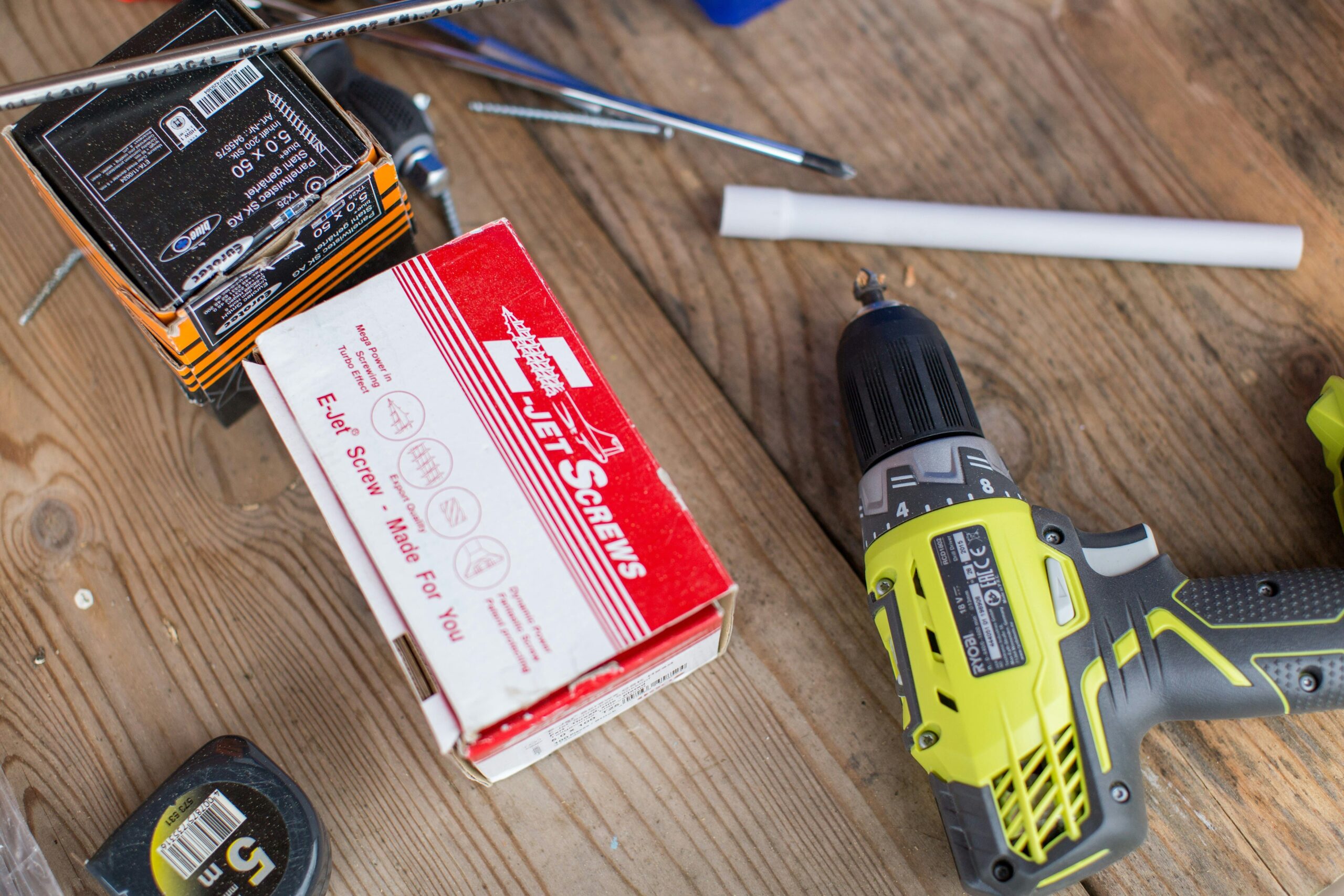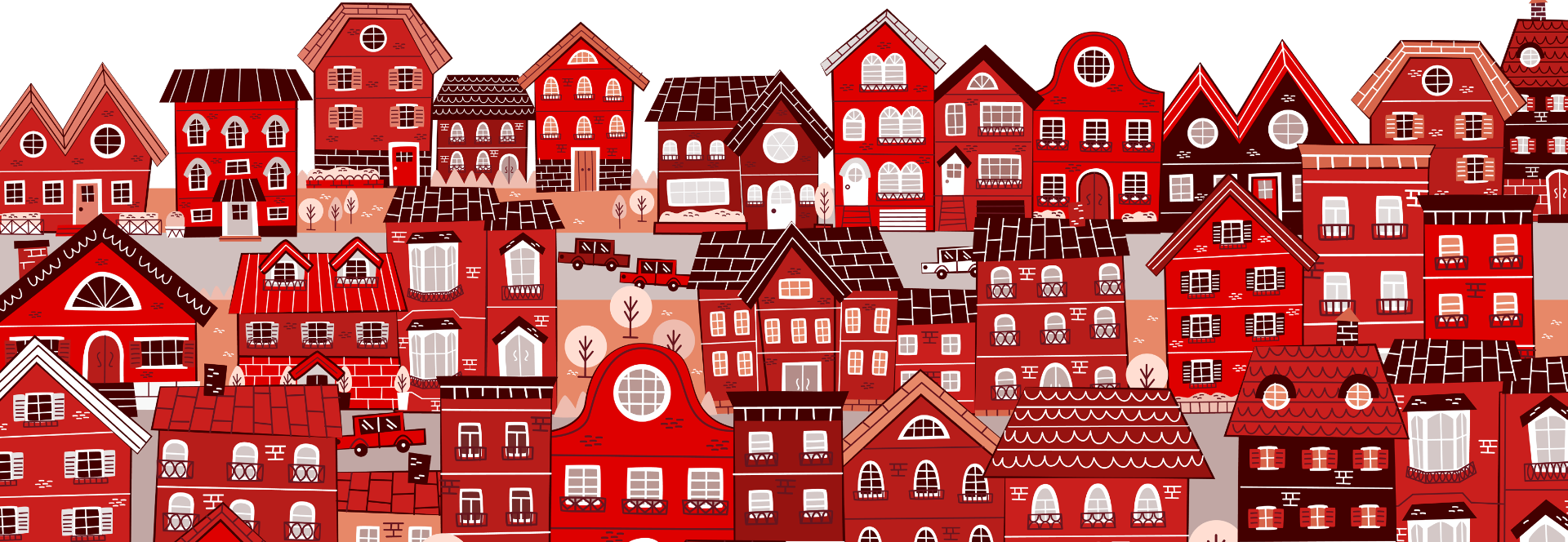
Should you sell before you buy a house? Here’s the pros and cons
Figuring out whether to sell your existing place before buying the next one isn’t exactly a casual decision. It messes with your timeline, your finances, and, if you get it wrong, your stress levels.
Selling first gives you clarity on your budget, but could leave you without a roof (and moving twice). Buying first might secure your perfect place, but comes with financial pressure if your current home doesn’t shift as quickly as you’d hoped.
Both options come with wins and warnings. The key is knowing which chaos you’re better equipped to handle.
First things first, know your market
Right now in Perth, homes are selling quicker than you can say “home open.” Low stock, high demand, and buyers outbidding each other left, right and centre.
That means buying first could actually be a smart play. If you’re confident your current place will move fast (and it probably will), locking in your next home while you’ve got options on the table makes sense.
Now, we haven’t seen a proper buyer’s market here in a while, but it’s worth knowing the difference. That’s when there are more homes for sale than buyers, prices dip, and properties sit on the market for longer. In those conditions, selling first gives you clarity on your budget and more power to negotiate your next buy.
Right strategy, wrong market? That’s where people come unstuck.
Pros and cons of selling before you buy
Pros of selling first
- You know exactly how much you’ve got – The sale’s done, the money’s in the bank. You can buy with a clear budget.
- You’re not paying two mortgages – No overlaps or double repayments to worry about.
- Cleaner offers on your next place – Sellers like buyers who aren’t waiting on their own place to sell. It makes your offer stronger.
- Less pressure to sell first – You can wait for a decent offer instead of rushing to line up settlement dates.
Cons of selling first
- You’ll need somewhere to live in between – Might mean renting, staying with family, or moving twice.
- Prices can go up while you’re waiting – If the market moves quickly, your money might not go as far.
- You’re on a time limit to buy – Once your place is sold, there’s a deadline to get into the next one.
Pros and cons of buying before you sell
Pros of buying first
- No need to rent or move twice – You can go straight from your old place to the new one with no stopovers.
- You lock something in early – If you find the right place, you don’t risk missing out while waiting for your home to sell.
- You can present your current place better – It’s easier to style and keep clean for open homes when you’re not living in it.
- In a hot market, prices might keep rising – Getting in early could save you money if the market keeps climbing.
Cons of buying first
- You could be juggling two mortgages – If your current place doesn’t sell quickly, the costs add up fast.
- You’ll probably need bridging finance – Short-term loans can fill the gap, but they come with higher interest and fees.
- More pressure to sell fast – If you’ve already bought, you might have to accept a lower offer just to move things along.
- You’ll need a decent amount of equity or savings – Otherwise, it can be hard to get the loan you need.
Financing the gap: bridging loans vs deposit guarantees
If you buy before selling, you’ll likely need to cover the gap between settlements. Two common ways to do that are bridging loans and deposit guarantees.
Bridging loan
- A short-term loan that helps you buy your new place before your current home sells
- Lets you access the equity in your current home to fund the next one
- You’ll be paying interest on both the existing and new loans until your property sells
- Usually runs for up to 6 to 12 months
- Can get expensive if your sale takes longer than expected
Deposit guarantee (also called a deposit bond)
- Used when you don’t have the cash upfront for a deposit
- Works like a promise to pay the deposit at settlement
- Useful if your money is tied up in your current home
- Generally cheaper than a bridging loan, but not always accepted by sellers
We highly recommend speaking to your broker or lender before locking anything in. They’ll help you figure out what’s actually doable based on your numbers.
Plan B… What if things don’t go smoothly?
Even if everything looks good on paper, deals fall through, timelines shift, and banks take their sweet time. Having a solid Plan B means you’re not stuck if things go sideways.
If you’re selling first, line up a short-term rental or talk to your buyer about a longer settlement upfront. Don’t leave it until the last minute.
If you’re buying first, speak to your broker about how long you can realistically carry two loans. Maybe you rent your old place out for a few months. Maybe you lower the price to move it faster.
None of it’s ideal, but it beats being caught off guard. A bit of prep now can save a heap of stress later.
It’s your move – Let’s make it a good one

Selling and buying at the same time can be a lot. If you’re not sure where to start, getting a property appraisal in Perth is a good first step. It shows you what your place could sell for and helps you plan your next move properly.
If you want to know what your place is worth or just need some straight answers, get in touch. We’ll have a chat, look at your options, and help you figure out what makes sense for you.
Related Articles

Preventive maintenance checklist for property management

Should you sell before you buy a house? Here’s the pros and cons


